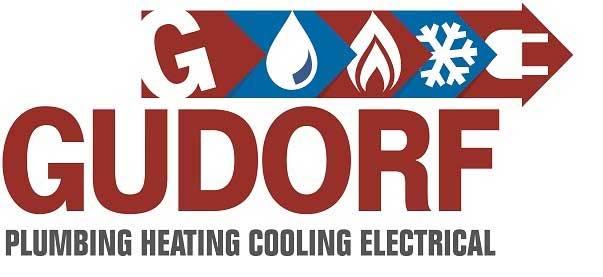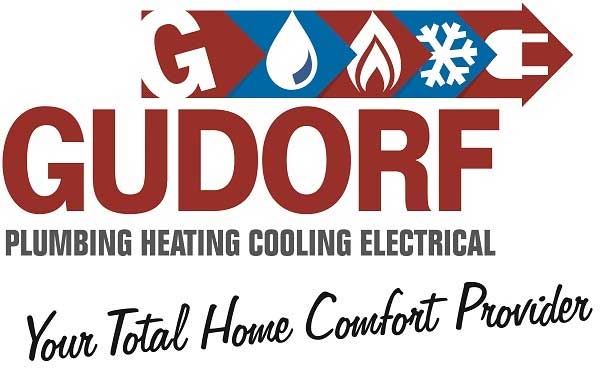The Unsung Heroes of Our Homes: A Look at Heating and Cooling
We often take them for granted, but our heating and cooling systems are the silent workhorses that keep our homes comfortable year-round. From the sweltering heat of summer to the biting cold of winter, these systems battle the elements to create our ideal indoor oasis. But what exactly goes on behind the vents, and how can we ensure these crucial components are performing at their best?
The Yin and Yang of HVAC
At its core, heating and cooling (often referred to collectively as HVAC – Heating, Ventilation, and Air Conditioning) is about heat transfer.
- Heating systems, like furnaces or heat pumps, work by generating heat and distributing it throughout your home. This might involve burning fuel (natural gas, oil, propane) to heat air, or in the case of heat pumps, extracting existing heat from the outside air (even in seemingly cold temperatures) and moving it indoors.
- Cooling systems, primarily air conditioners, do the opposite. They remove heat from your indoor air and transfer it outside. This process typically involves a refrigerant that absorbs heat as it changes from a liquid to a gas, then releases that heat as it changes back to a liquid.
More Than Just Temperature Control
While temperature regulation is their primary function, modern HVAC systems do much more:
- Ventilation: They circulate air, helping to remove stale air, odors, and airborne pollutants.
- Humidity Control: Air conditioners not only cool but also dehumidify the air, making those sticky summer days much more bearable. Some heating systems also offer humidification to combat dry winter air.
- Air Filtration: Most systems incorporate filters that trap dust, pollen, pet dander, and other allergens, contributing to better indoor air quality.
Keeping Your HVAC Happy: Essential Tips
To ensure your heating and cooling systems operate efficiently and have a long lifespan, consider these key maintenance tips:
- Regular Filter Changes: This is perhaps the simplest yet most effective maintenance step. A dirty filter restricts airflow, forcing your system to work harder and consume more energy. Check your filter monthly and change it every 1-3 months, or more frequently if you have pets or allergies.
- Schedule Professional Tune-Ups: Just like your car, your HVAC system benefits from annual professional maintenance. A technician can inspect, clean, and fine-tune your system, identify potential issues before they become major problems, and ensure it's operating at peak efficiency. Aim for one heating tune-up in the fall and one cooling tune-up in the spring.
- Keep Vents Clear: Ensure furniture, curtains, or rugs aren't blocking supply and return vents. Blocked vents restrict airflow and can lead to uneven heating or cooling.
- Seal Air Leaks: Drafts around windows and doors, gaps in ductwork, and unsealed penetrations in your home's envelope can significantly impact your HVAC system's efficiency. Seal these leaks with caulk or weatherstripping to keep conditioned air in and unconditioned air out.
- Utilize a Programmable or Smart Thermostat: These thermostats allow you to set schedules for your heating and cooling, so you're not paying to heat or cool an empty house. Smart thermostats can even learn your preferences and adjust automatically, saving you money and energy.
- Consider Energy Efficiency Upgrades: If your system is old, consider upgrading to a more energy-efficient model. Look for ENERGY STAR® certified products, which are designed to save you money on your utility bills.
The Bottom Line
Our heating and cooling systems are vital for our comfort and well-being. By understanding how they work and taking a proactive approach to their maintenance, you can ensure they continue to provide reliable, efficient comfort for years to come. Don't wait until something breaks – a little preventative care goes a long way in keeping these unsung heroes of our homes happy and running smoothly.

